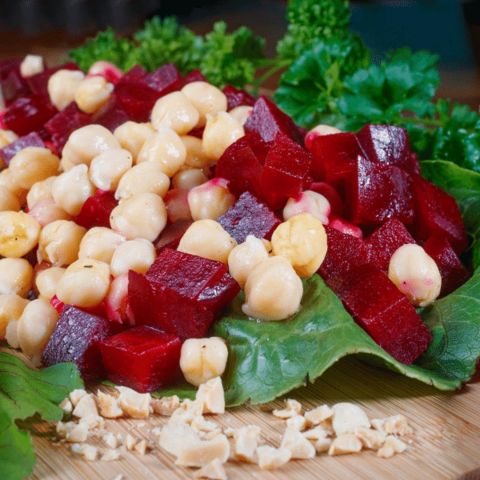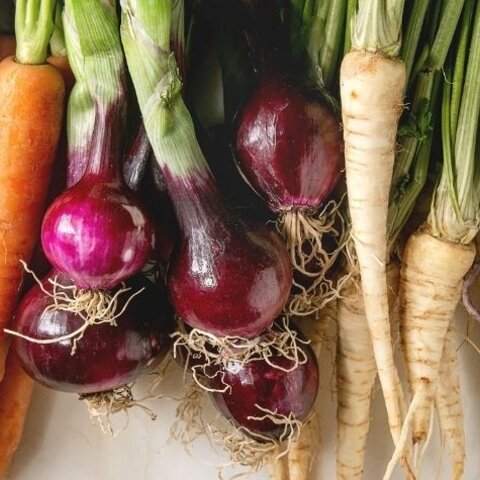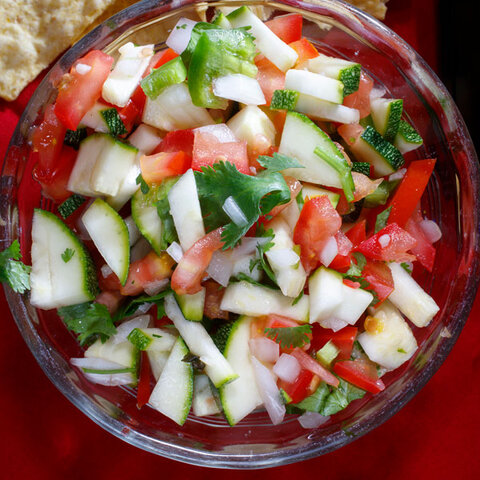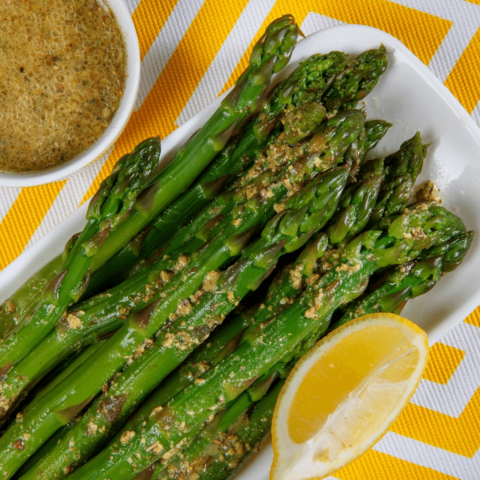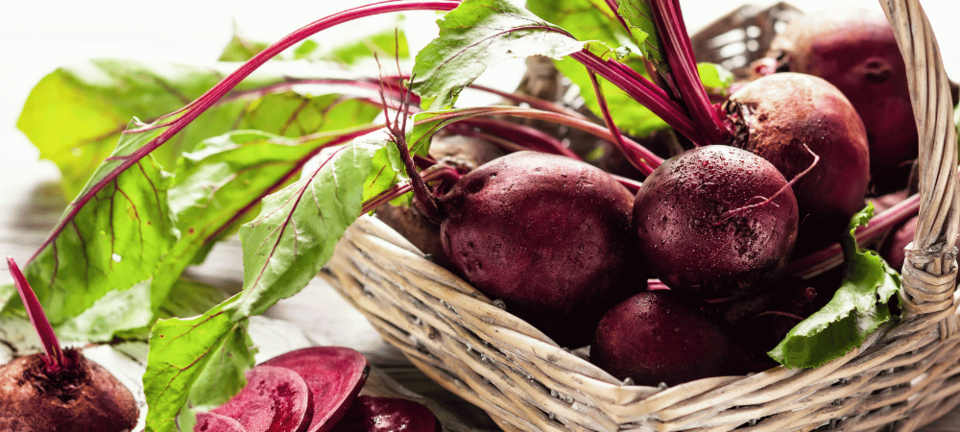
There are many varieties of beets including red beets, golden beets, Chioggia beets and white beets. Red beets are a deep red-purple color and are one of the most common types. Golden beets are sweeter than red. Chioggia beets have red and white rings on the inside. White beets are white or a pale yellow color. Both the roots and the leaves of the beet plant are edible.
Nutrition and Health Benefits of Beets
Beets contain vitamin C, which helps heal cuts and wounds. It is a good source of fiber, which helps to maintain bowel function. Beets also contain folate, which is important for women who are pregnant, as it plays an important role in preventing birth defects.
How to Select Beets
Choose beets that are firm with smooth skins and no damaged spots. Smaller beets are more tender. Beet leaves should be green in color and not wilted, damaged or discolored.
How to Store Beets
Cut leaves about an inch above the beet. Store leaves in a plastic bag in the refrigerator and use within three days. Store the beet in a plastic bag in refrigerator for up to three weeks.
How to Prepare Beets
- Roast beets and serve as a side or add to a salad
- Make beet juice
- Beets can be pickled
- Add beet leaves to a salad
- Sauté chopped beet greens with olive oil and garlic
- Boil and blend beets into hummus or a smoothie
- Add to soups or stews
Seasonal Availability of Beets in Nebraska
| Jan | Feb | Mar | Apr | May | Jun | Jul | Aug | Sep | Oct | Nov | Dec | |
|---|---|---|---|---|---|---|---|---|---|---|---|---|
| Harvest | x | x | x | x | x | x | ||||||
| Market | x | x | x | x | x |
Featured Recipes
Source:
- Seasonal Produce Guide - Beets, SNAP-Ed Connection
- Nebraska Harvest Schedule, Buy Fresh Buy Local Nebraska
Tags:
